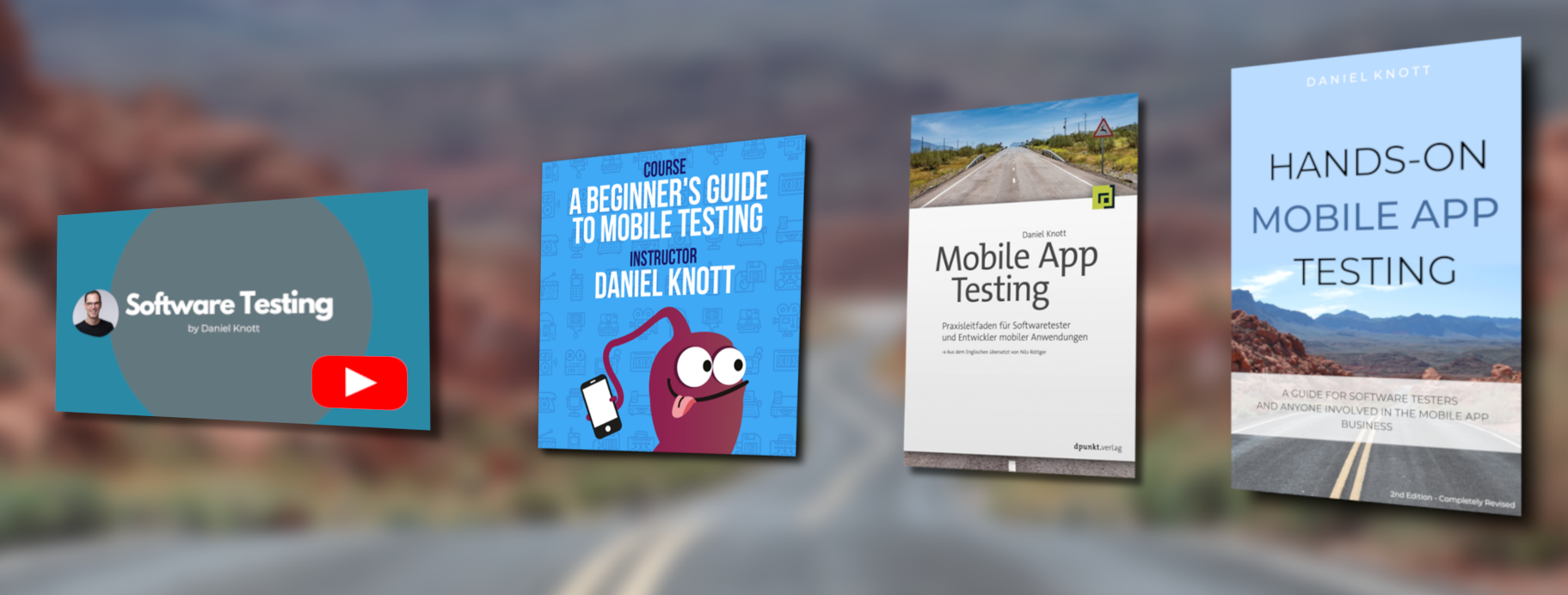Software Test User Group Event in July
Some weeks ago I founded the Software Test User Group Rhein Main. Today is the time to announce the first meetup. We will meet in the office of AOE GmbH in Wiesbaden on 18. July 2013. Address: Borsigstr. 3 65205 Wiesbaden Start: 7pm End: ~10pm If you need more information, see the official XING event. … Read more
